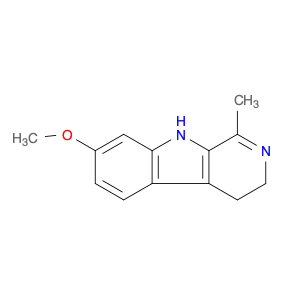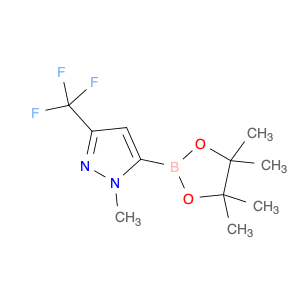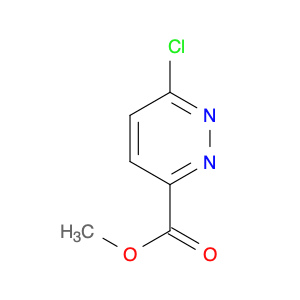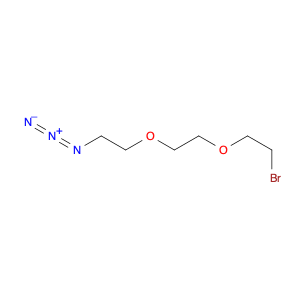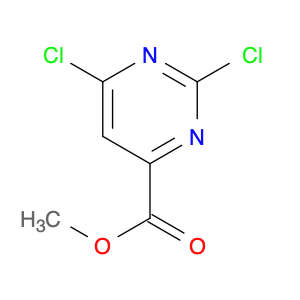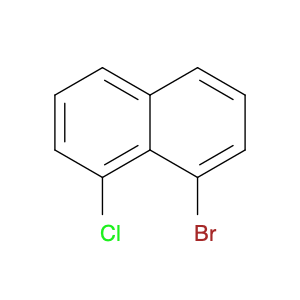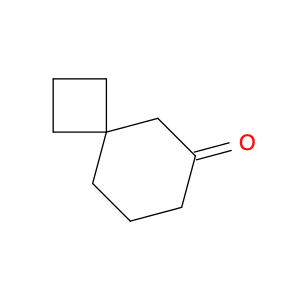Harmaline is a naturally occurring compound that has gained significant attention in the field of chemical synthesis due to its versatile applications. This compound serves as a valuable building block in the creation of diverse molecules, thanks to its unique structure and reactivity.In chemical synthesis, Harmaline can be utilized as a key intermediate in the production of various pharmaceuticals and fine chemicals. Its chemical properties make it particularly useful in the formation of complex molecular structures, making it a valuable tool for chemists seeking to design novel compounds with specific properties.One notable application of Harmaline in chemical synthesis is its role as a precursor in the synthesis of harmaline derivatives, which have demonstrated promising biological activities. By manipulating the structure of Harmaline through chemical reactions, researchers can access a wide range of derivatives with potential therapeutic benefits, such as antimicrobial or anticancer properties.Furthermore, Harmaline can also be employed as a catalyst or a reagent in organic reactions, facilitating the formation of new bonds and enabling the efficient synthesis of target molecules. Its ability to participate in various chemical transformations makes it a versatile and valuable component in the toolbox of synthetic chemists.Overall, the unique properties of Harmaline make it a valuable resource in chemical synthesis, offering exciting opportunities for the development of innovative compounds with diverse applications in pharmaceuticals, materials science, and beyond.
 sales@aaronchem.com
sales@aaronchem.com
